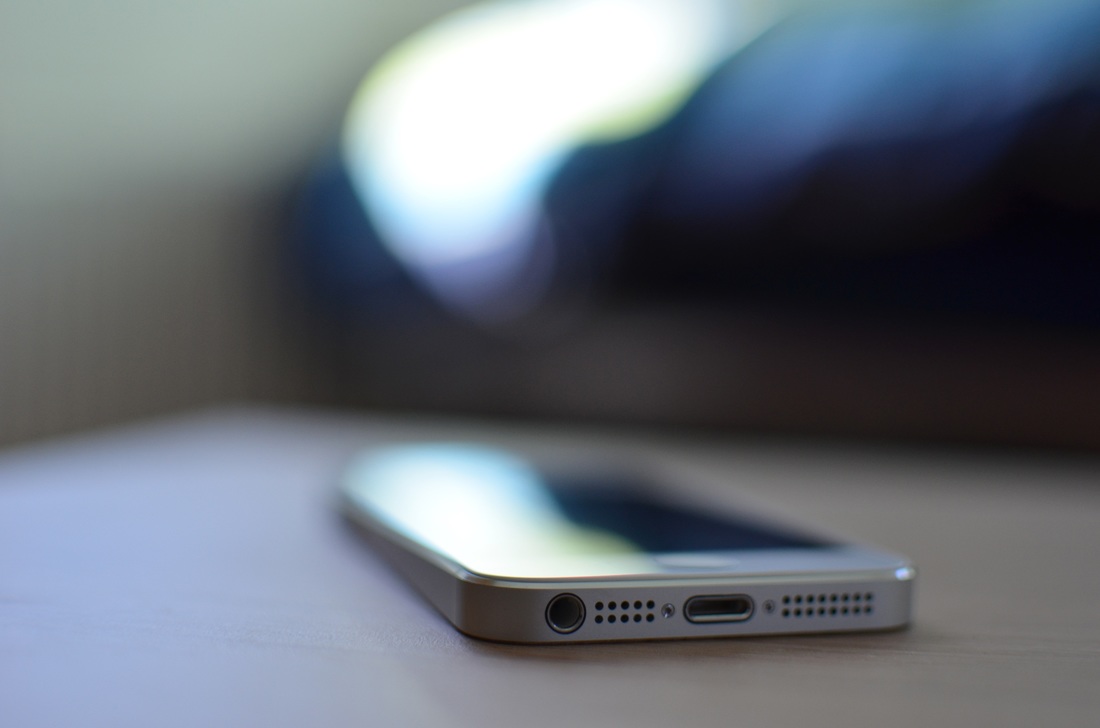|
As a surgeon, the best management of the intricacies of diabetes mellitus is usually, “Get the Diabetes nurse” or if people had been really nice we, would add “please”. This was always the case for decades when one morning at 7:45 am when I (DB) walked into the Vascular Surgery ward to be greeted by an eerie, sombre silence. There was no morning rush about, the purposeful cacophony and the usually perfectly and very artfully organised surgical accompaniments that would signify a patient leaving for theatre were conspicuous by their absence. The deafening silence was broken by the senior nurse breaking the news to me that a middle aged Asian lady, due for an operation today had been found unconscious with low blood sugars in her room. She had been revived, the medical team had seen her and the Diabetic nurse was on her way. “She wishes to see you”, which meant now. The one thing that differentiates Asian patients is the presence of a large number of relatives of all ages. Everyone wishes to be useful, whether needed or not. Wading through a sea of people I entered her room to be greeted by a tiny, pale, shell shocked lady, scared, with an expression that said, "I want to go home". As we made eye contact, her expressions betrayed a sense of longing which turned into hope. Something told me that she had a story to tell which had so long been under wraps of fear of a strange kind. As she was the only person scheduled to have an operation,which now stood cancelled, after a few brief orders to the team, sat down with the nurse at her bedside and for the next hour had my first real lesson on diabetes. I do not know what prompted me, probably the premonition that there was more to this than meets the eye. She was an immigrant from the Indian subcontinent and had come by sea as a blushing 18 year old bride with her husband, who was settling in the UK and doing various jobs. She had borne him four children, three daughters and the youngest was a son. The three daughters were well educated, married and lived close by and most importantly held good jobs.Her son lived far away and was at university. A couple of years back; she was widowed, when her husband lost a hard fought battle with cancer. The same year, she developed diabetes and had her first chest pain. “Mild”, she told me in her lisping English. She could get by though, but sometimes her vision failed her, which she put down to her fluctuating blood sugar. She was put on insulin at the beginning of the year, which was a bit of a problem, because this meant more involvement of her family and herself in learning how to manage. Her life had been turned upside down, she said and though apparently, she was well looked after, there was a story that still eluded us, which she was eager, but hesitating to tell us. “Did you ever have anything like this before?” “No”, she said “not so bad”. “Then, how bad?” She took a deep breath and began. For the last six months, her blood sugars were fluctuating. Every day, she felt dizzy, faint, sweated had palpitations, but never lost consciousness. Whenever this would happen, she had developed a system when she would sit down and wait for it to go spontaneously. Most of the time she needed sugar and then would be better and waited for the next one. These would come about five times a day. “Does your doctor know?” She was now being managed by the University Hospital. But to go there she needed to walk a hundred yards and catch a bus. She would have to get off the bus and walk another hundred yards. Most days she did not manage to get out of the house. “What about your daughters”? Then she began in her lisping English “My husband and I toiled hard in foreign land to provide our children with good education so that they get good jobs and become independent. Today, when we have achieved that, my duty is to help them concentrate on what we wished for them and not become an intrusion in their lives. I have the best children in the world and I am a proud mother. Involving them would mean them taking time off from work and spending time with her mother, maybe regularly. That is why she had never even told them about the daily occurrences. Her children visited her twice a day, but she never told them about what happens in between. She even managed to hide her appointment letters from them. It was only when her leg was severely painful with the ulcers and she could not hide it, one of her daughters had literally scooped her up and brought her to the hospital. And now all hell had broken loose.
For her it was all about doing her duties and suffering for a greater goal. She was completely unaware of the solutions that were available to her and was now in a situation, which probably could have been avoided. Though there was no dearth of resources, it was a matter of channelising and directing resources in a purposeful direction. She was silent, but as silence fell, and eyes swelled, there could not have been a better lesson about diabetes and life. Though we believe that we always do our best, there are so many lessons to learn and so many different angles to look at. She need not have suffered. All she needed was an informed friend – maybe a `friend in her phone`.
1 Comment
|
AuthorsDebashis Archives
December 2016
|




 RSS Feed
RSS Feed
